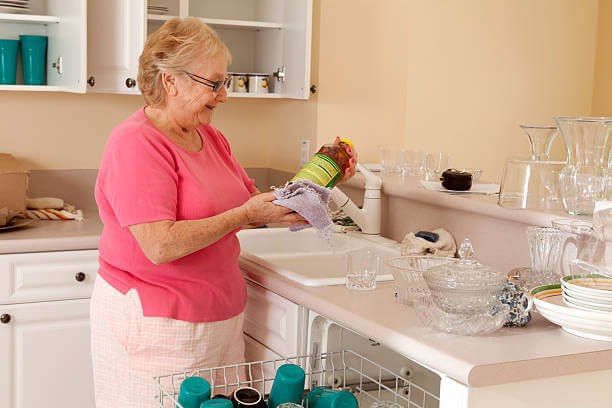February 8th, 2017 | 2 min. read

According to AARP, 87% of adults age 65 and older want to age in place, meaning they want to stay in their current home or community as they age. Many older adults are unable to age in place due to increased health concerns, like falling.
At PartnerMD, our goal is to provide members with preventative information and care to mitigate those health concerns earlier. If you’re an older adult who is concerned about aging in place, read on for information to help you stay at home longer.
Proper healthcare starts by maximizing your health with preventative care, which includes regular screenings. All older adults should get regular screenings for heart disease and diabetes. At age 50, and every 10 years afterwards, men and women at normal risk should also schedule a colonoscopy. Women should also receive regular mammograms starting at age 50. Regular screenings can help identify health risks and concerns before they become an issue.
Another way to maximize your health is by staying active through aerobic activity and strength training. If you’re not sure where to start, PartnerMD can help connect you to wellness experts who can help determine the diet and workout routine that is right for you.

As people get older, aging in place may require some lifestyle modifications. This means making sure your home is safe. The most used areas of the home should be on the first floor. These include the kitchen, bathroom and your bedroom.
Make sure that you have enough space in hallways to accommodate extras. For example, when bringing in the groceries, you may need to use a cart to easily get them from the car to the kitchen. You’ll need to make sure your hallway is large enough to comfortably accommodate that.
Older adults who want to age in place may also need to be assessed for any physical assistance they may need, like a cane or walking poles. These aids sometimes become necessary as our vision and other senses decrease with age.
Without regular medical care and screenings, early physical and mental signs of decline may go unnoticed until it is too late. Involved physicians and family members can help spot these early signs. At PartnerMD, your privacy will be respected, but if early signs of decline are seen, we can offer assistance.
PartnerMD has physicians that are trained in geriatric care. We offer specialized services and extra availability designed to help avert problems that may prevent you from aging in place.
If you are an older adult who is nearing an age when it becomes necessary to think about aging in place, consider your options. The earlier you decide to take preventative measures and make healthy choices, the more likely it is that you will be able to age in place longer.
Talk to your doctor and your family about what aging in place means to you, and make a plan to help you achieve that goal. PartnerMD can help. Our members receive 24/7 access to healthcare providers, one-on-one attention and personalized wellness plans.
Topics: